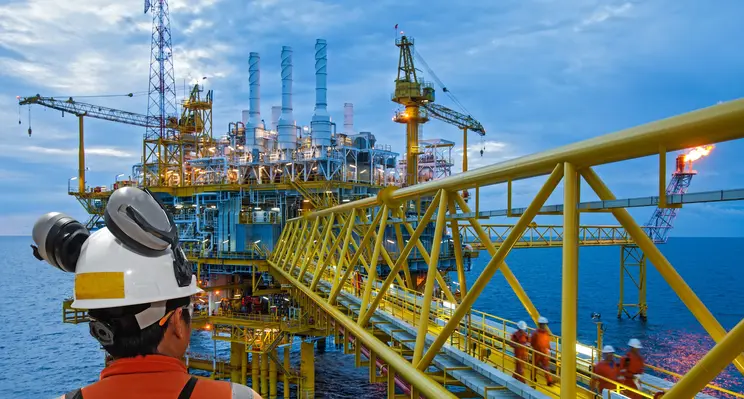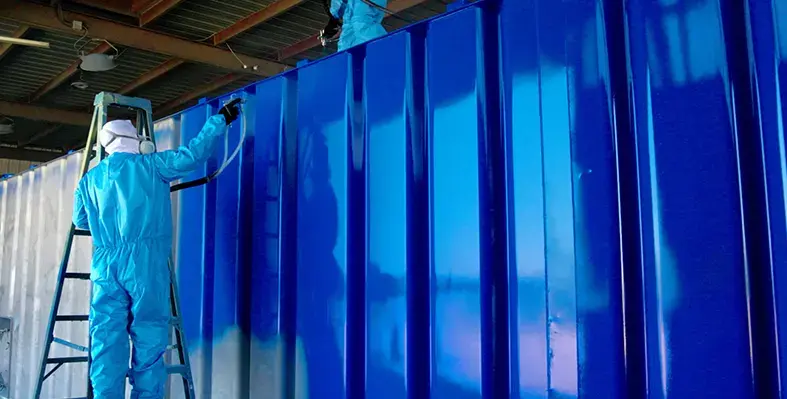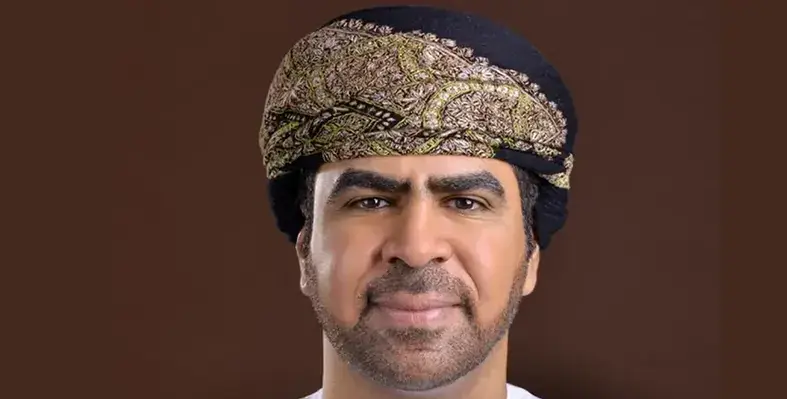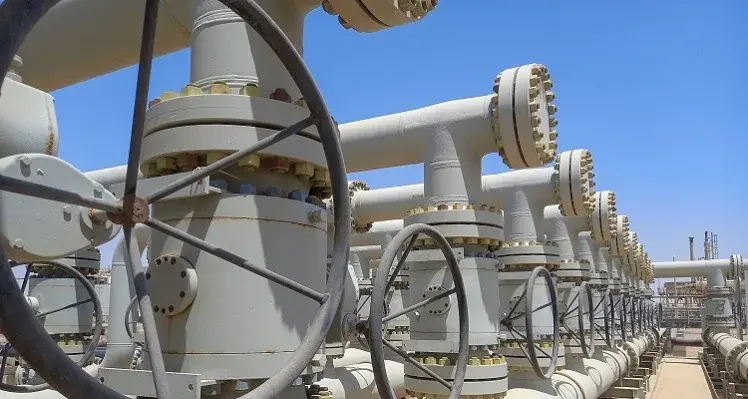
EnerMech will continue to provide Dubai Petroleum with crane maintenance services across its offshore assets. (Image source: EnerMech)
EnerMech has secured a two-year contract extension with Dubai Petroleum for the continued supply of crane maintenance services across the operator's offshore assets
The contract scope includes planned and corrective maintenance with dedicated site personnel covering the multiple assets in the fields. This also includes additional call off services and onshore servicing and refurbishment of crane components, including procurement of spares and engineering upgrade solutions for obsolete equipment.
The UAE and the wider Middle East constitute an important growth region for EnerMech, a specialist service company which delivers integrated solutions for complex energy projects. The company has been established in the Middle East since 2009 and has a presence in UAE, Qatar, Saudi Arabia, Bahrain, Iraq and Oman. It has bolstered its presence in the Gulf with a series of contract wins as part of a long-term strategy to increase services to local clients. In February, Enermech announced it had secured a five-year contract extension to provide Qatar’s North Oil Company (NOC) with leak testing and flange management services, for the Al Shaheen oilfield, Qatar’s largest oilfield. The contract covers a range of services, including bolt tensioning and torquing, pipe freezing and training.
Charles ‘Chuck’ Davison Jr., EnerMech CEO, said, “We are ambitious in our aims in the Middle East and the extension of this contract is material evidence of the fine work that our regional team has undertaken for Dubai Petroleum over the initial phase of work.
“Our lifting solutions service line personnel are renowned for delivering safe, efficient operations which provide our customers with industry leading capabilities and I commend them for achieving this strategically important extension.”











